You know you should plan. Everyone says it’s the key to success, productivity, and a stress-free life. But somehow, every time you sit down to do it, you suddenly feel stuck, overwhelmed, or just plain uninterested. Why does something that’s supposed to help you feel like such a burden?
The truth is, your resistance to planning isn’t about laziness or lack of discipline. There’s something deeper at play—emotional and psychological barriers that make planning feel more like a trap than a tool. Once you understand these hidden reasons, you can break free and finally use planning in a way that feels natural, easy, and even enjoyable.
Planning Feels Overwhelming Where Do You Even Start
Ever looked at a blank planner page and felt your mind go equally blank? Too many choices can be paralyzing. Instead of guiding you, a massive to-do list can make you feel like you’re staring up at a mountain with no clear path forward.
One of the biggest mistakes people make is overcomplicating their plans. They try to map out every single detail, which only leads to frustration when things don’t go exactly as expected. The key is to simplify. Start with just one priority each day. When that’s done, move on to the next. Think of planning like a rough sketch, not a rigid blueprint.
Fear of Failure Makes Planning Feel Pointless
Deep down, planning means commitment. And commitment means you have to follow through. But what if things don’t go as planned? What if you fail?
This is where perfectionism sneaks in and tells you that if you can’t do something flawlessly, you might as well not do it at all. This fear can make planning feel useless—why put in the effort if you might mess up?
But here’s the thing: plans are meant to be guides, not guarantees. A “failed” plan isn’t a failure; it’s just an experiment that teaches you what works and what doesn’t. The most successful people adjust as they go, and that’s exactly what you should do, too.
Commitment Feels Like Losing Your Freedom
For some, making a plan feels like locking yourself into a rigid structure that sucks the joy out of life. What if you want to be spontaneous? What if you wake up and don’t feel like doing what you planned?
The truth is, flexibility is built into the best plans. Planning doesn’t mean boxing yourself in—it means creating a framework that supports your freedom. The trick is to build breathing room into your plans. Instead of scheduling every minute, leave space for adjustments. Make plans that feel like a safety net, not a straitjacket.
Decision Fatigue Drains Your Motivation
Every day, you make hundreds of tiny decisions—what to eat, what to wear, what to focus on first. By the time you sit down to plan, your brain is exhausted.
Decision fatigue is real, and it’s one of the biggest reasons people resist planning. It feels like yet another mental task to tackle when you’re already running on empty.
The solution? Remove unnecessary decisions. Automate small choices—wear a simplified wardrobe, create a meal rotation, set a default morning routine. The fewer decisions you make in a day, the more energy you’ll have for planning the things that truly matter.

Planning Creates Pressure Instead of Excitement
A well-thought-out plan should feel empowering, right? So why does it sometimes feel like a heavy weight pressing down on you?
Seeing everything laid out in front of you can trigger a sense of dread rather than motivation. Your brain jumps ahead to all the effort required, and suddenly, the excitement of achieving your goals is replaced by anxiety.
The key is to reframe your perspective. Instead of seeing your plan as a list of obligations, see it as a roadmap to success. Make it rewarding—celebrate small wins, add checkboxes (because checking things off is oddly satisfying), and build in rewards for milestones.
Procrastination Tricks You Into Thinking You’ll Figure It Out Later
One of the sneakiest reasons you avoid planning is because it gives you an excuse to put things off. If you don’t make a plan, you don’t have to commit. You can always tell yourself, I’ll get to it later.
The problem? “Later” often turns into never.
Procrastination feels easier in the moment, but it actually creates more stress in the long run. The best way to beat it is with small, non-intimidating steps. Instead of trying to plan your entire week, just plan tomorrow. Instead of writing down a huge goal, start with one tiny action.
How to Make Planning Feel Effortless and Motivating
So, how do you shift from dreading planning to actually enjoying it?
- Think in frameworks, not strict schedules – Give yourself options instead of locking in every detail.
- Use micro-planning – Plan in smaller chunks so it feels manageable.
- Make it fun – Use colorful planners, digital tools, or even sticky notes to make the process more engaging.
- Attach emotions to your plans – Instead of listing tasks, write down how completing them will make you feel.
- Set realistic expectations – You don’t need to plan perfectly; you just need to start.
Conclusion
If you’ve ever felt like planning just isn’t for you, you’re not alone. The resistance you feel isn’t a flaw—it’s a sign that something deeper is at play. Whether it’s fear, overwhelm, or the pressure to be perfect, understanding why planning feels hard is the first step to making it easier.
Instead of seeing planning as an obligation, start seeing it as a tool for clarity and confidence. Let go of perfection, embrace flexibility, and take small steps forward. Once you make that shift, planning will no longer feel like a burden—it’ll feel like the key to unlocking your best life.

Frequently Asked Questions
1. Why do I struggle with planning and sticking to my plans?
Many people struggle with planning because of overwhelm, perfectionism, or fear of failure. When plans feel too rigid, they create pressure instead of motivation. The key is to keep plans flexible, break tasks into smaller steps, and focus on progress rather than perfection.
2. How can I stop procrastinating and start planning effectively?
Procrastination often happens when planning feels intimidating. Start small—plan just one task for the day instead of mapping out an entire week. Using a simple framework like a daily priority list can make planning feel more approachable and less overwhelming.
3. What is decision fatigue, and how does it affect planning?
Decision fatigue occurs when your brain gets overwhelmed by too many choices, making it harder to commit to a plan. To overcome this, simplify daily decisions—automate routines, use checklists, and create a structured (but flexible) planning system that reduces mental load.
4. How can I make planning feel less restrictive and more enjoyable?
Planning should feel like a guide, not a set of rigid rules. To make it enjoyable, use creative methods like color-coded planners, digital tools, or even reward-based planning, where you attach small rewards to completed tasks. Focus on creating a system that adapts to your lifestyle.
5. What’s the best way to stay motivated and follow through on plans?
Motivation comes from seeing progress, not from setting unrealistic goals. Set achievable milestones, track small wins, and reframe setbacks as learning experiences. When you view planning as a tool for empowerment rather than pressure, following through becomes much easier.


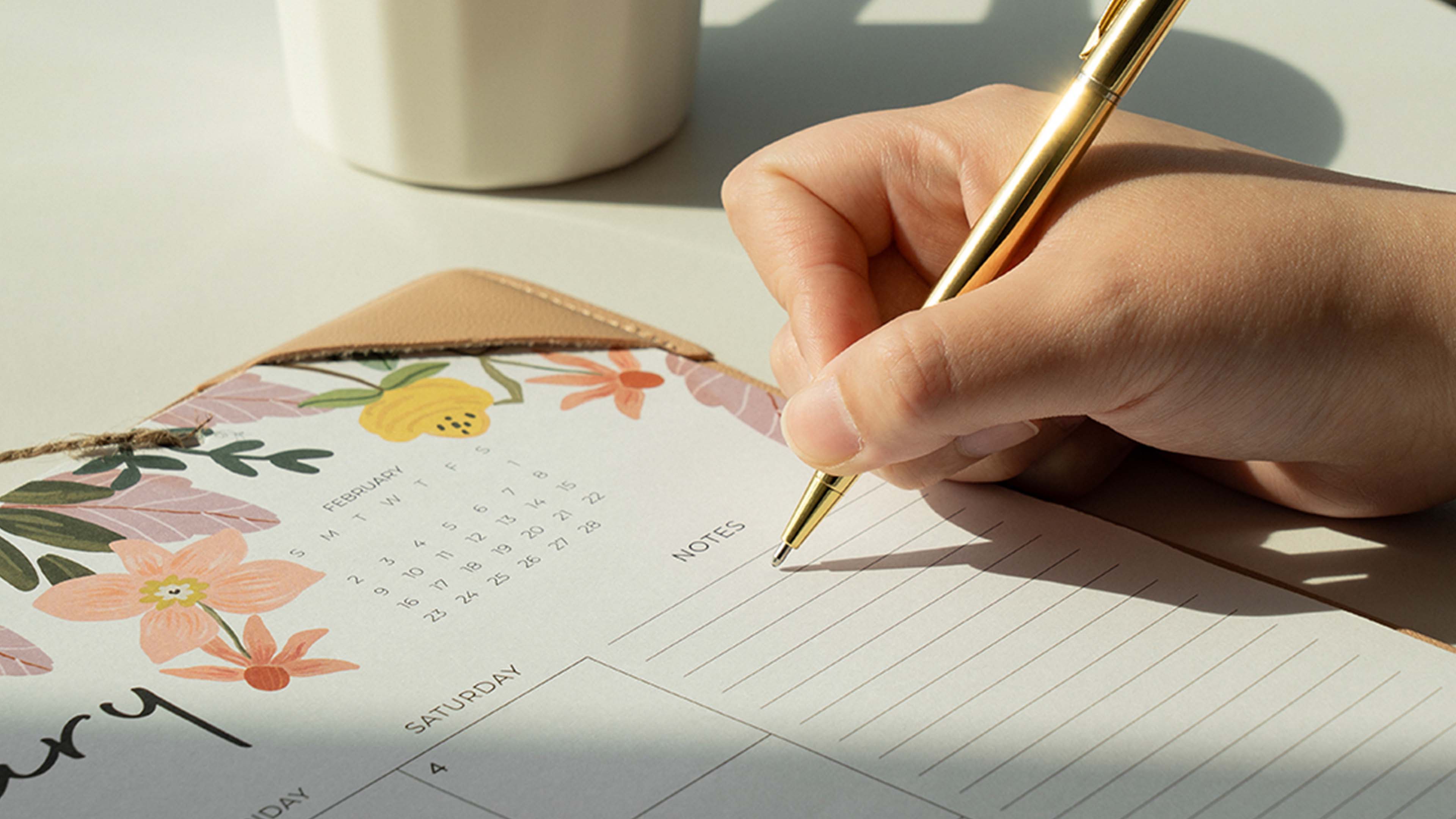
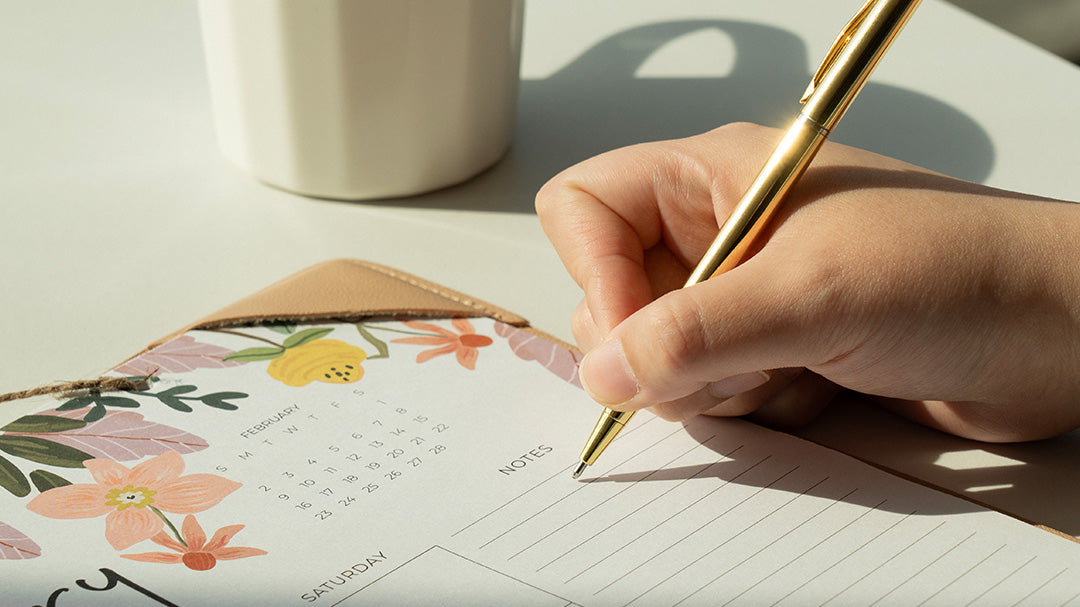
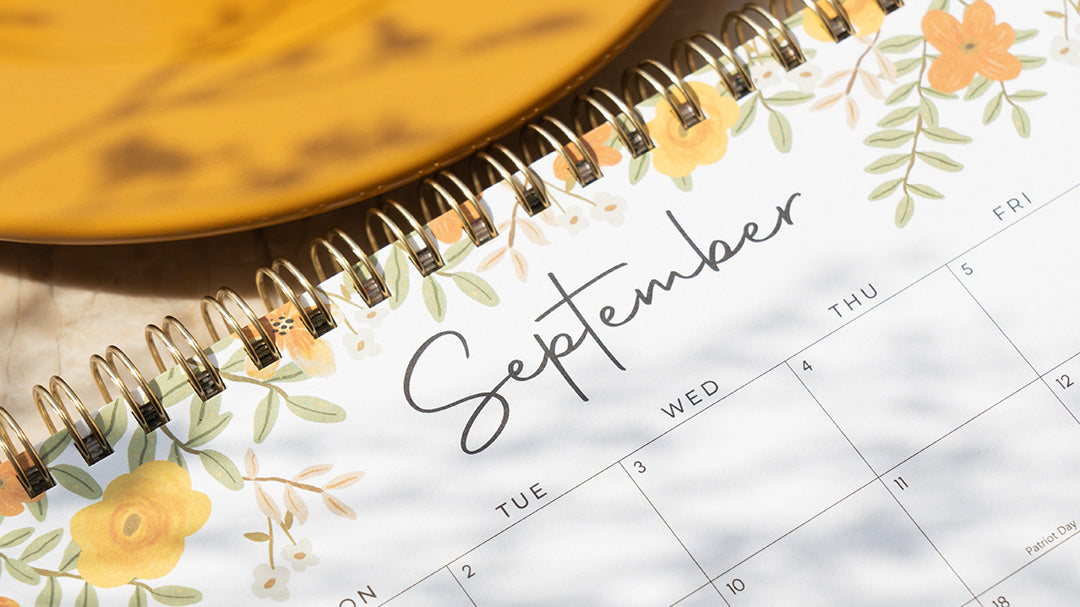
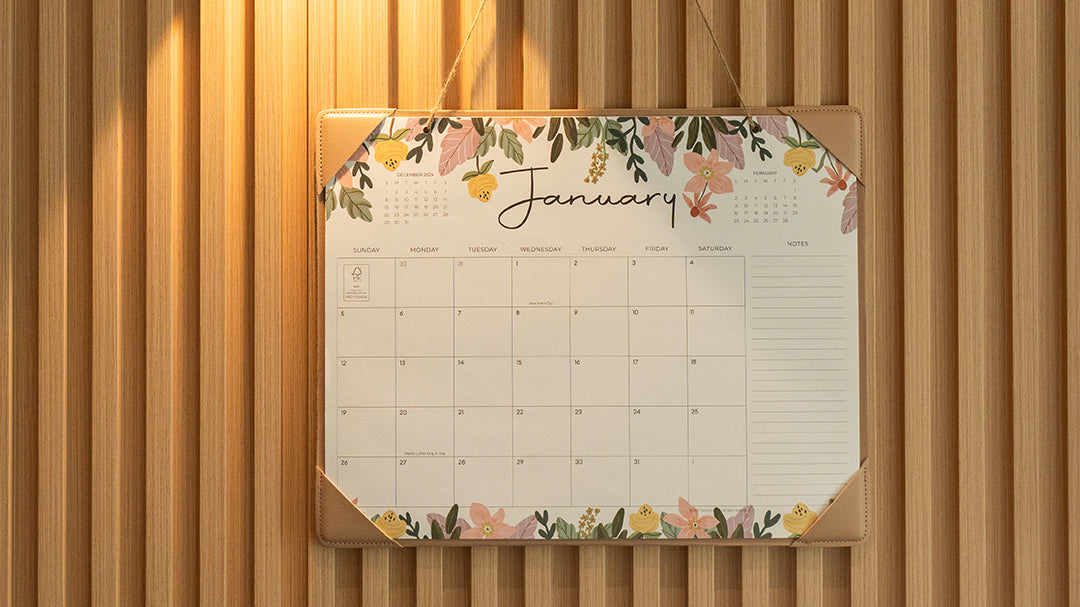
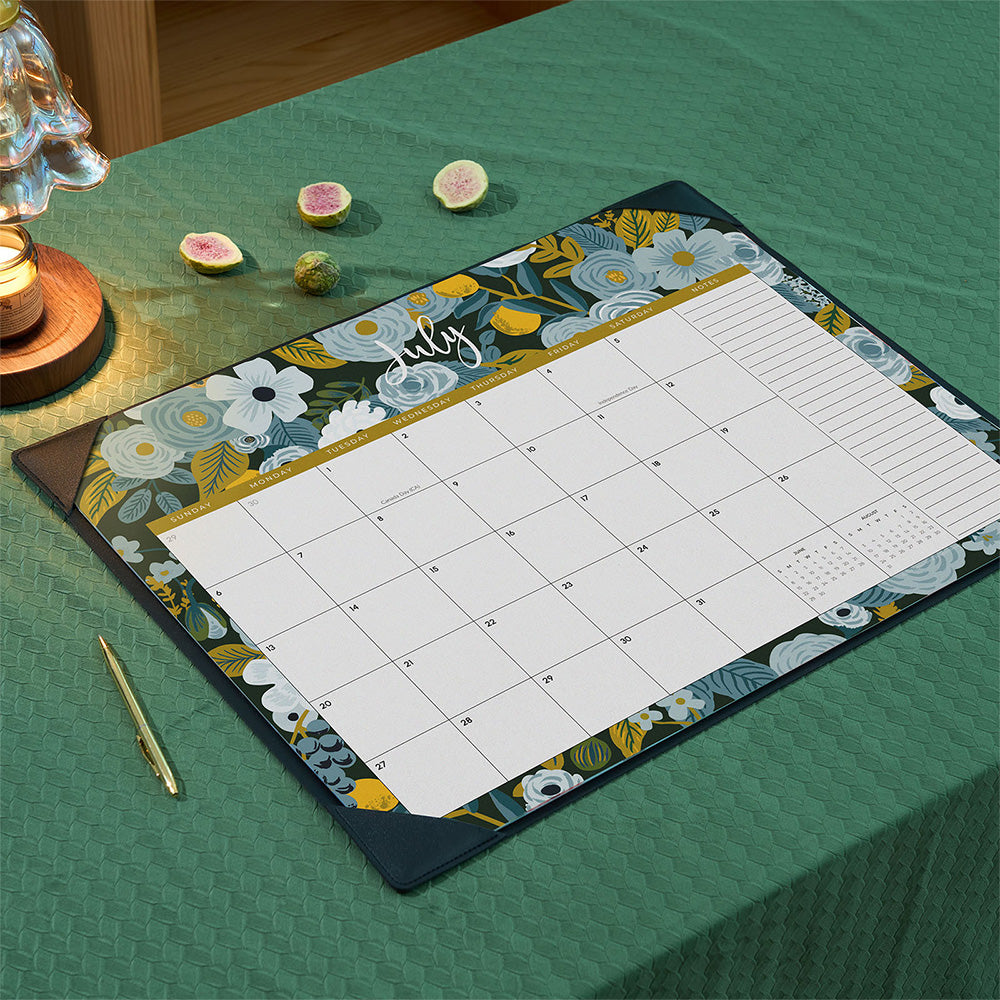
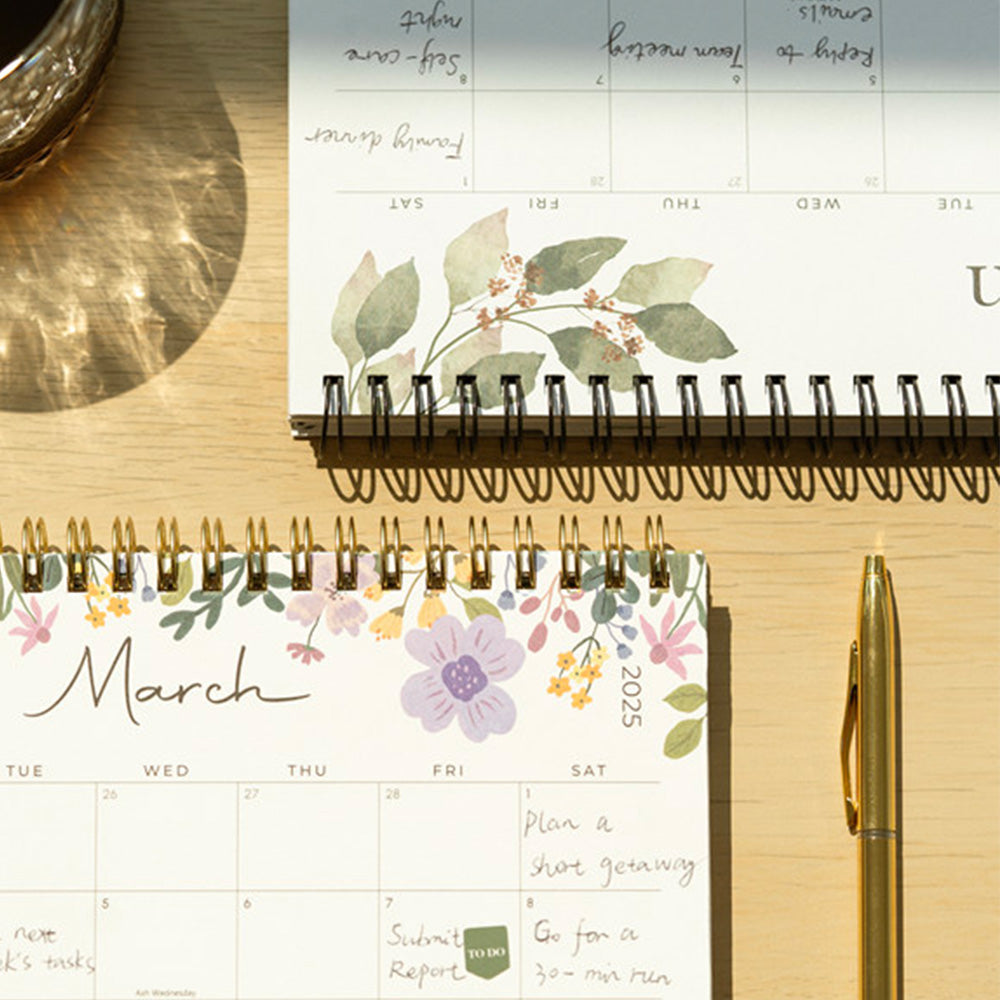
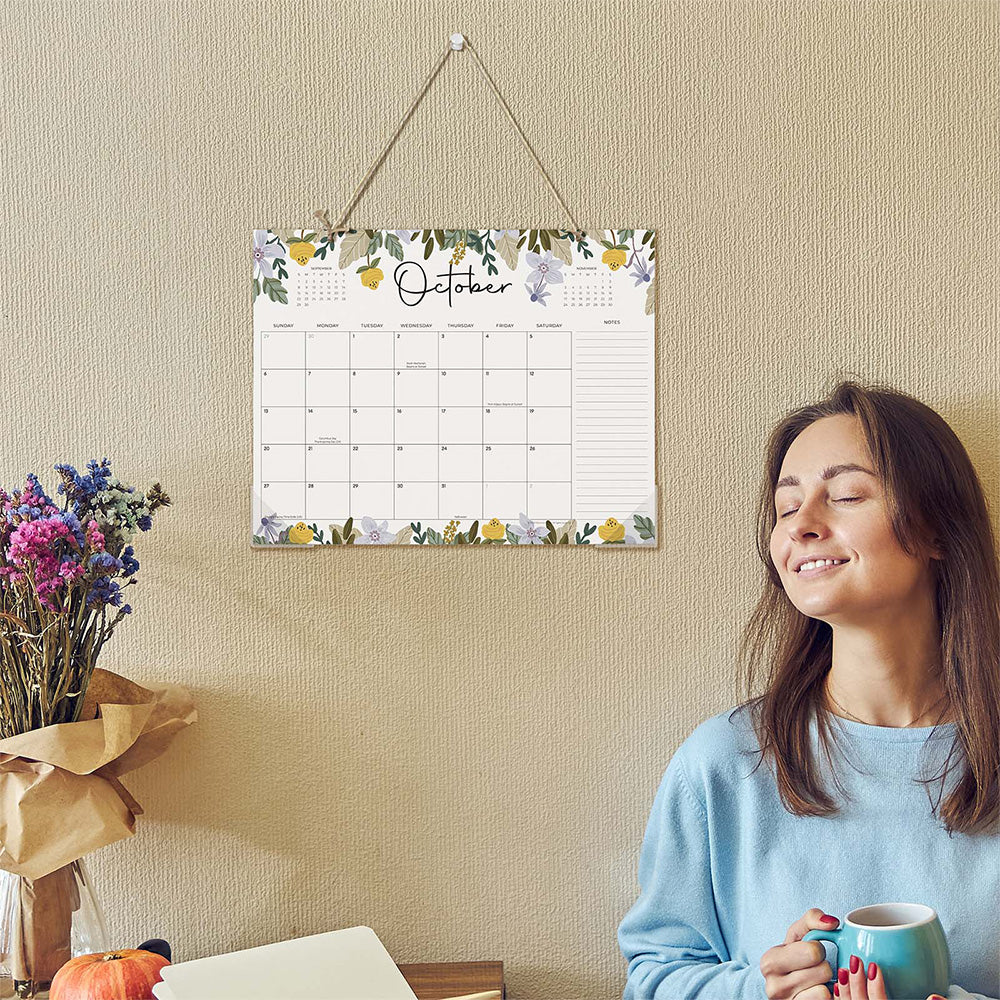
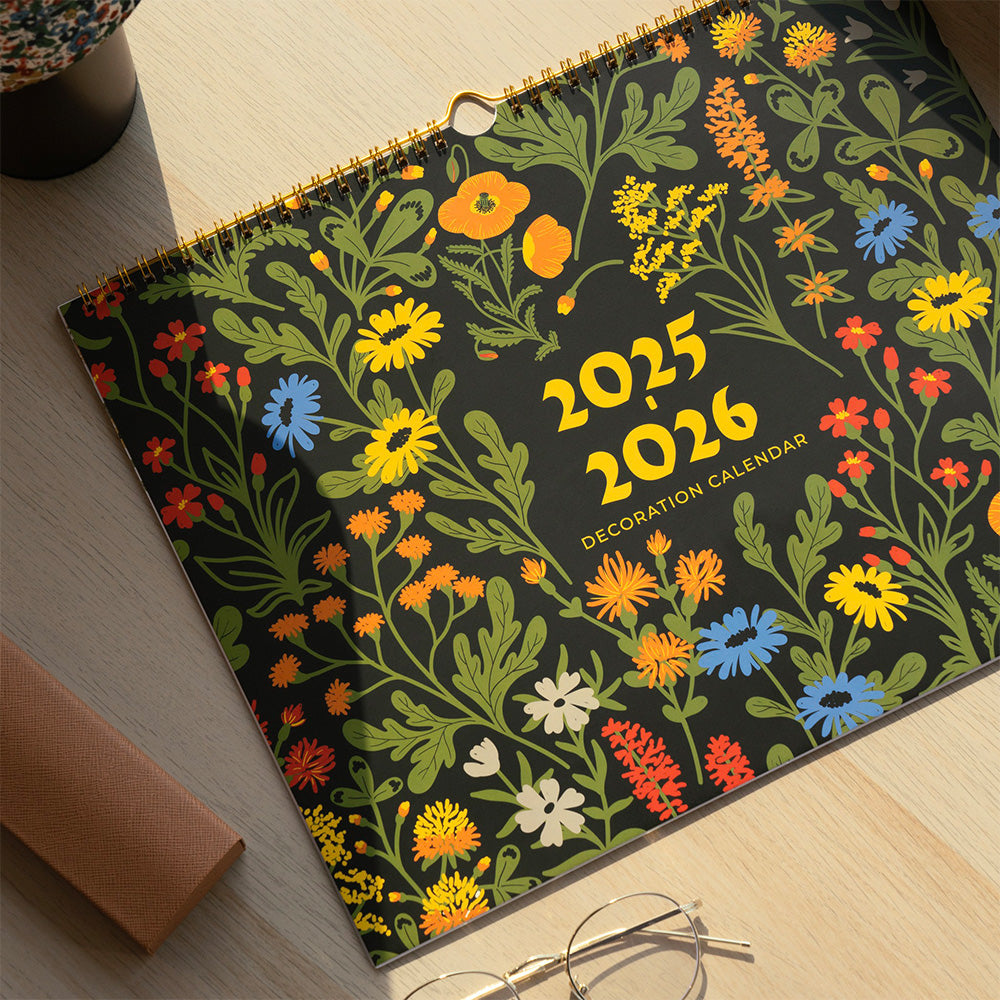

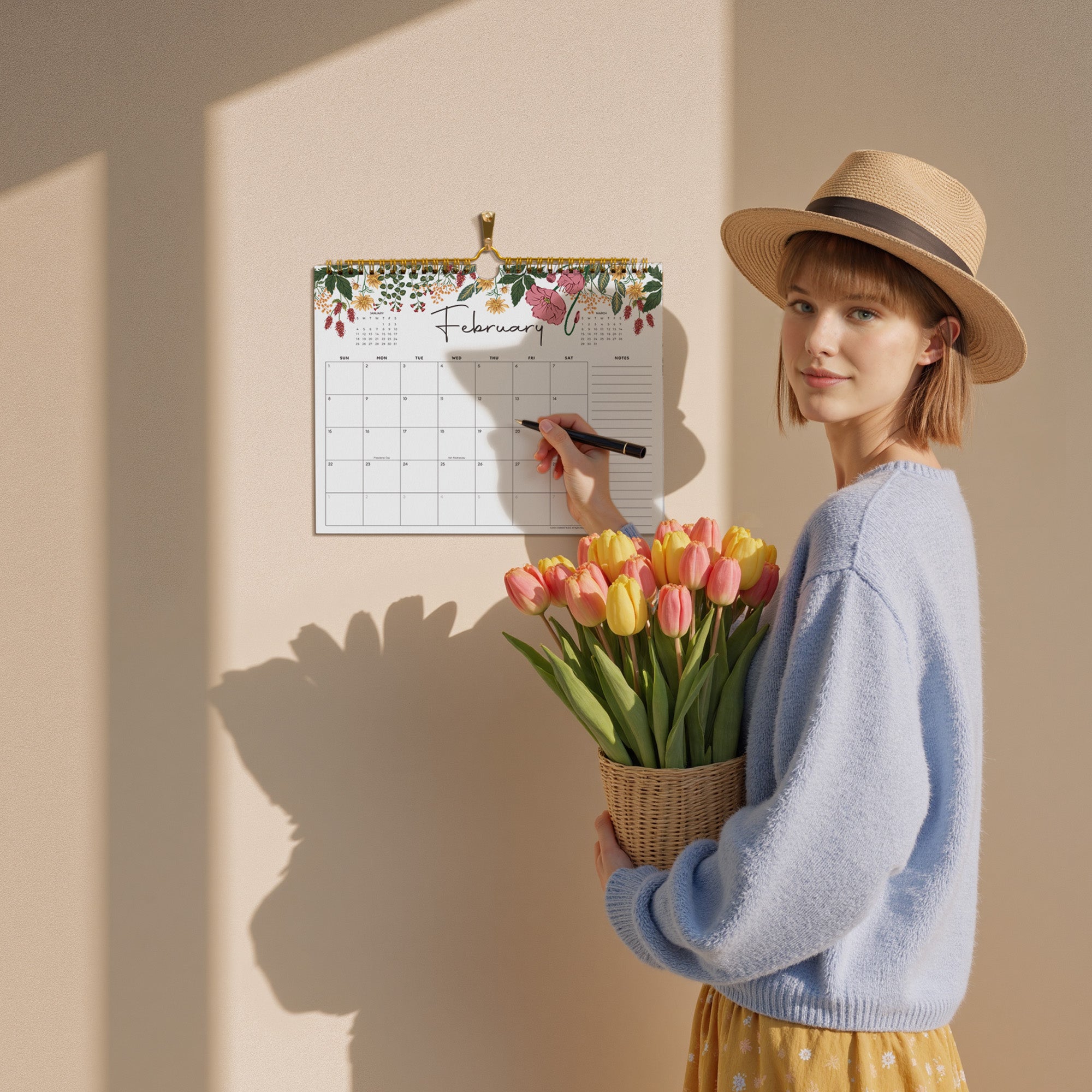
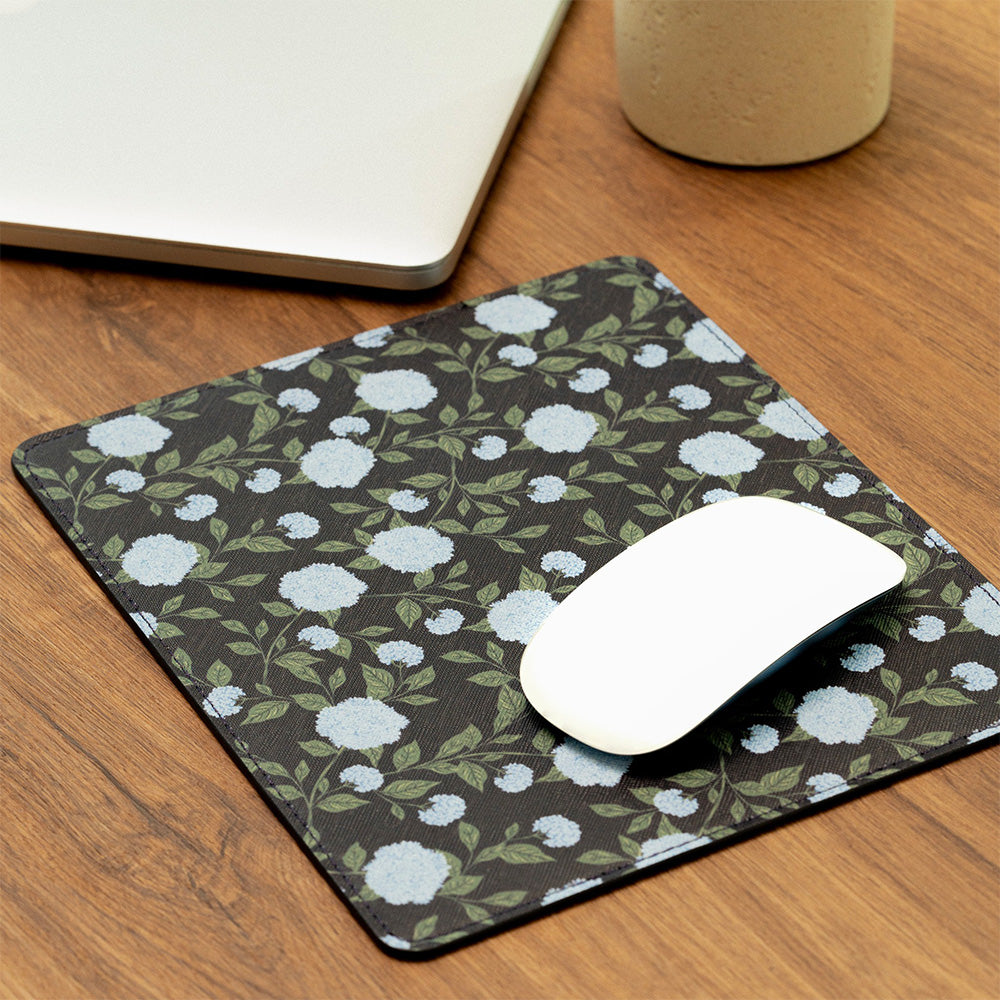
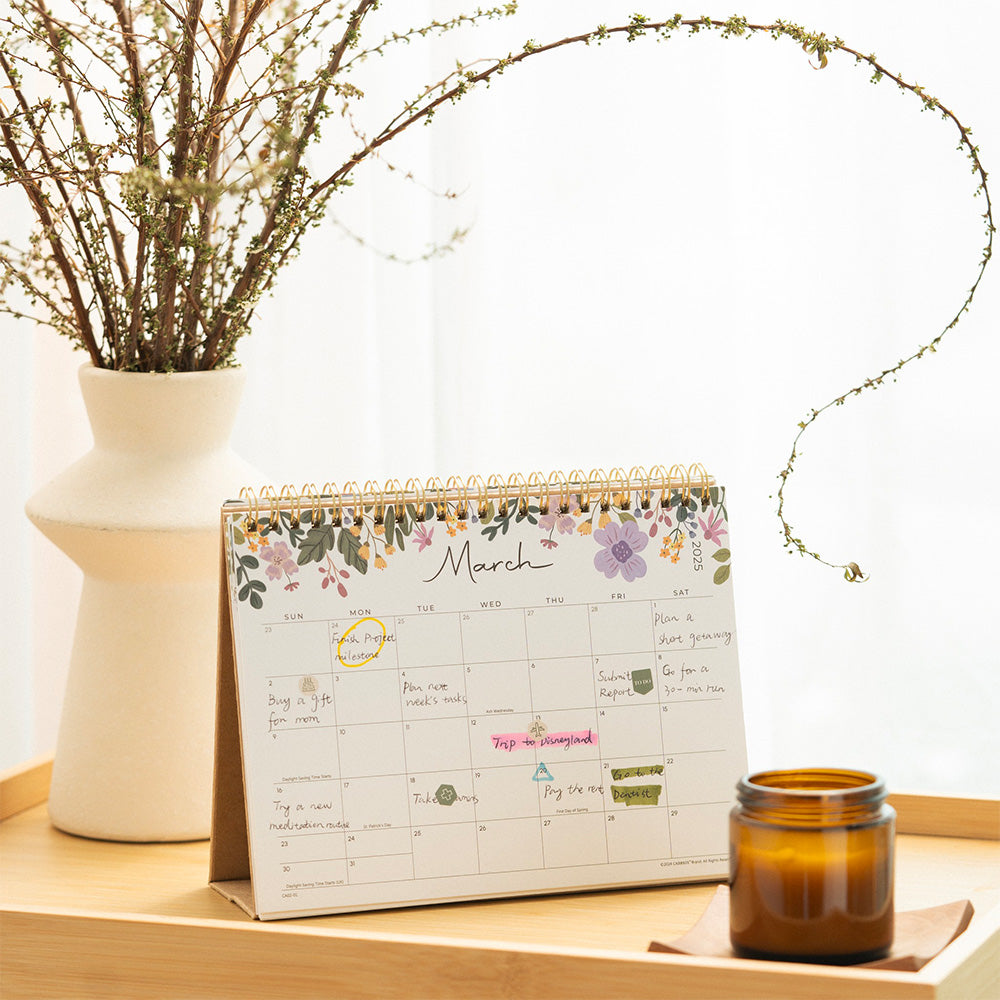
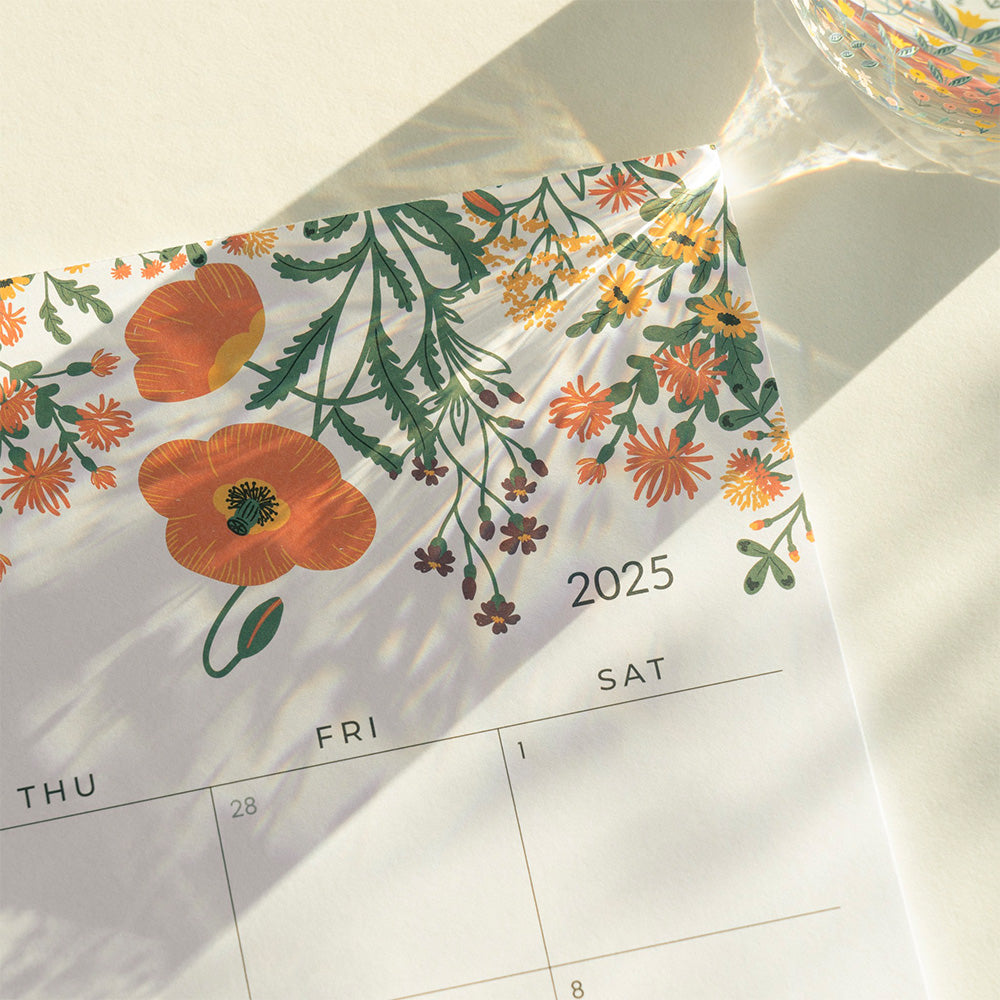
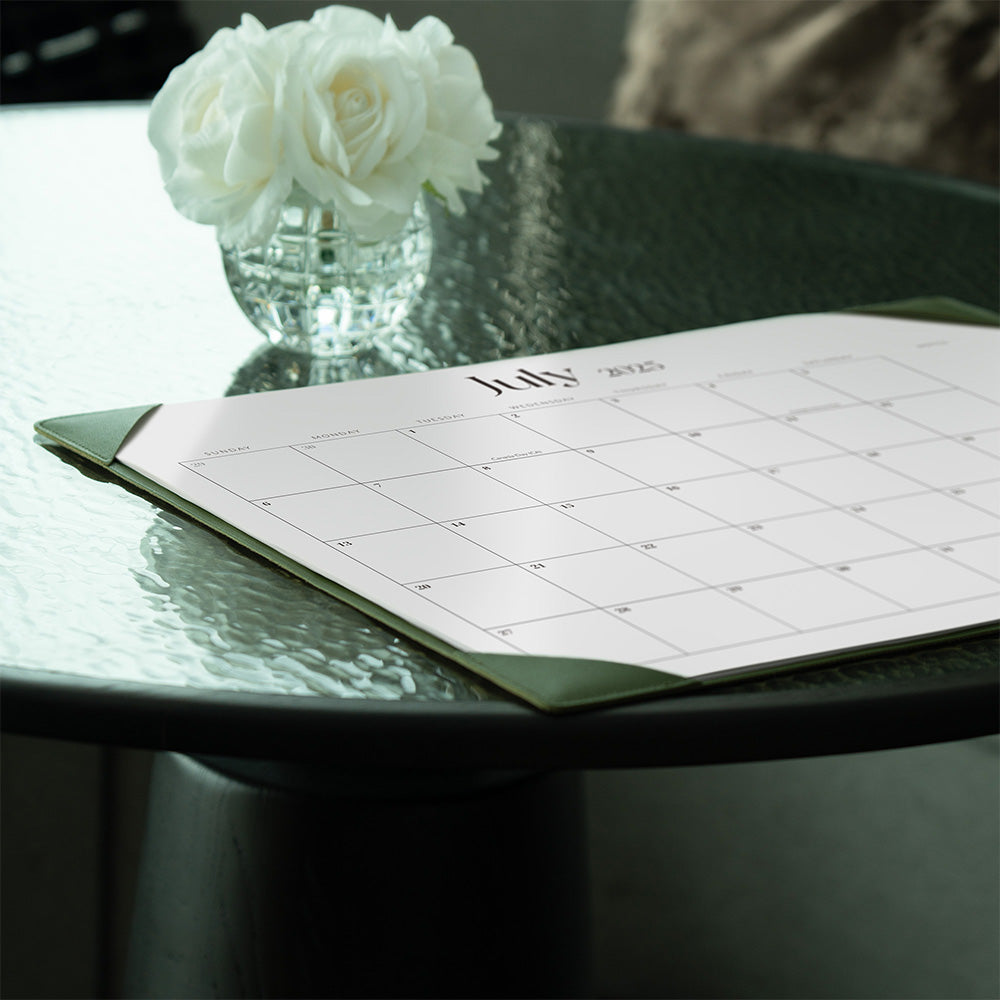
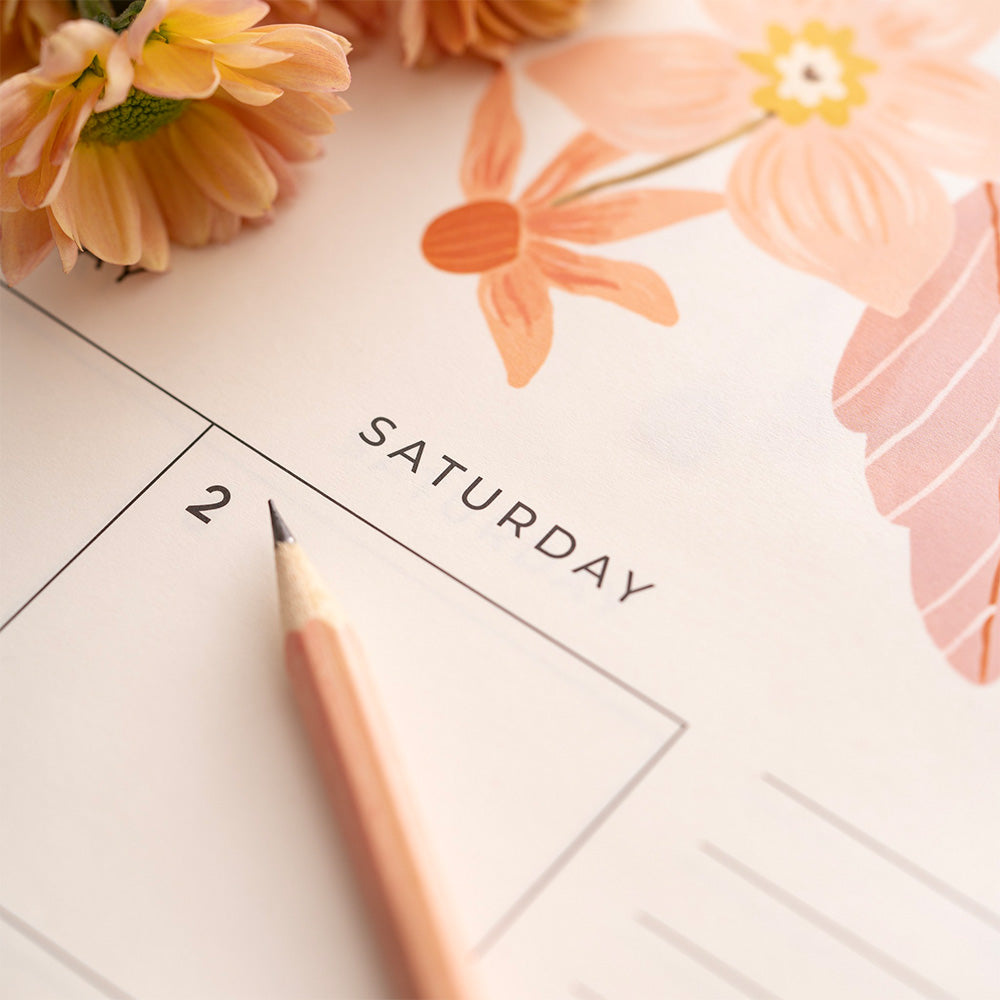
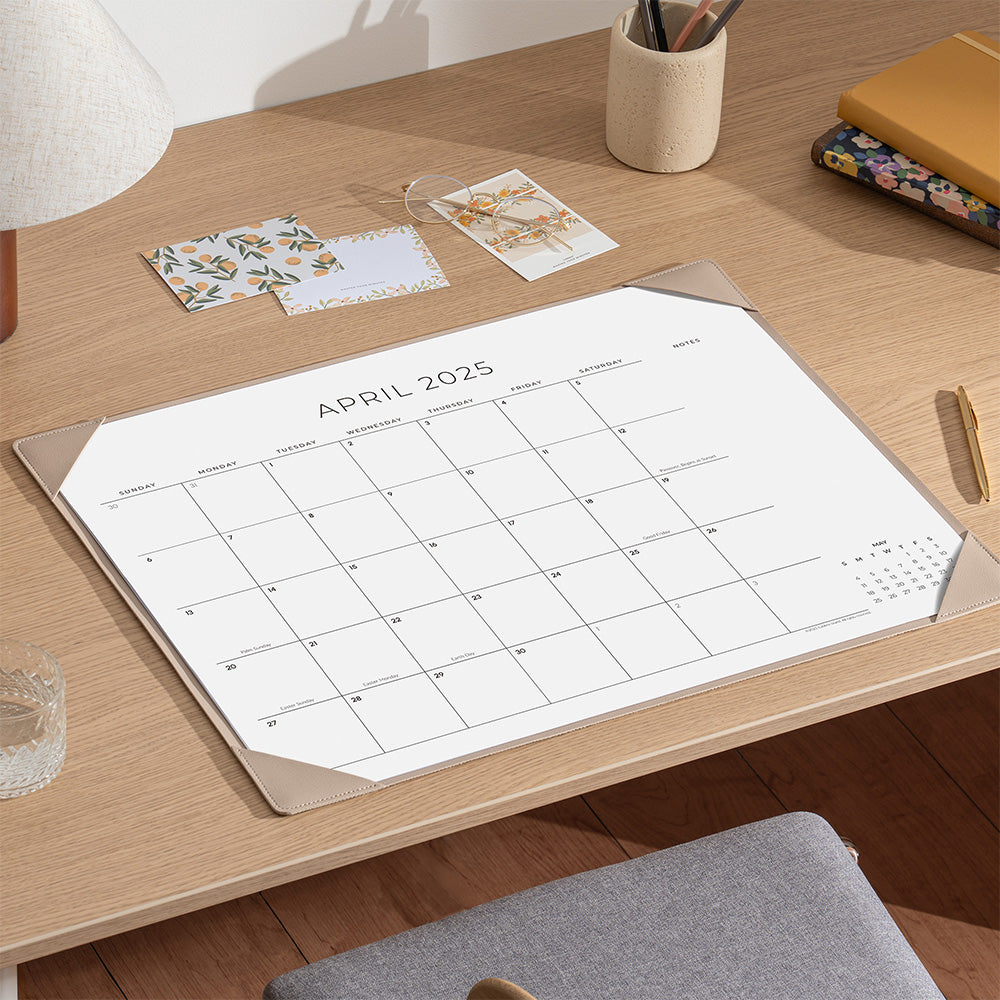
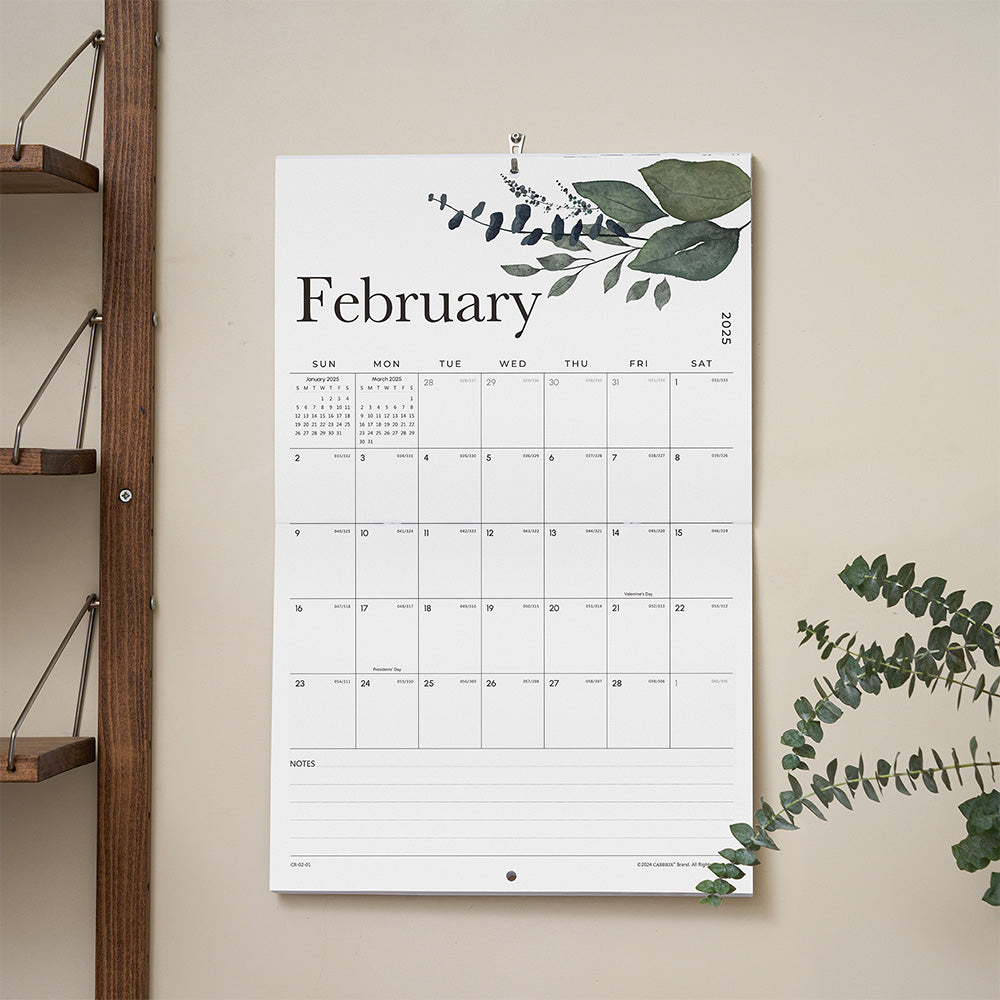
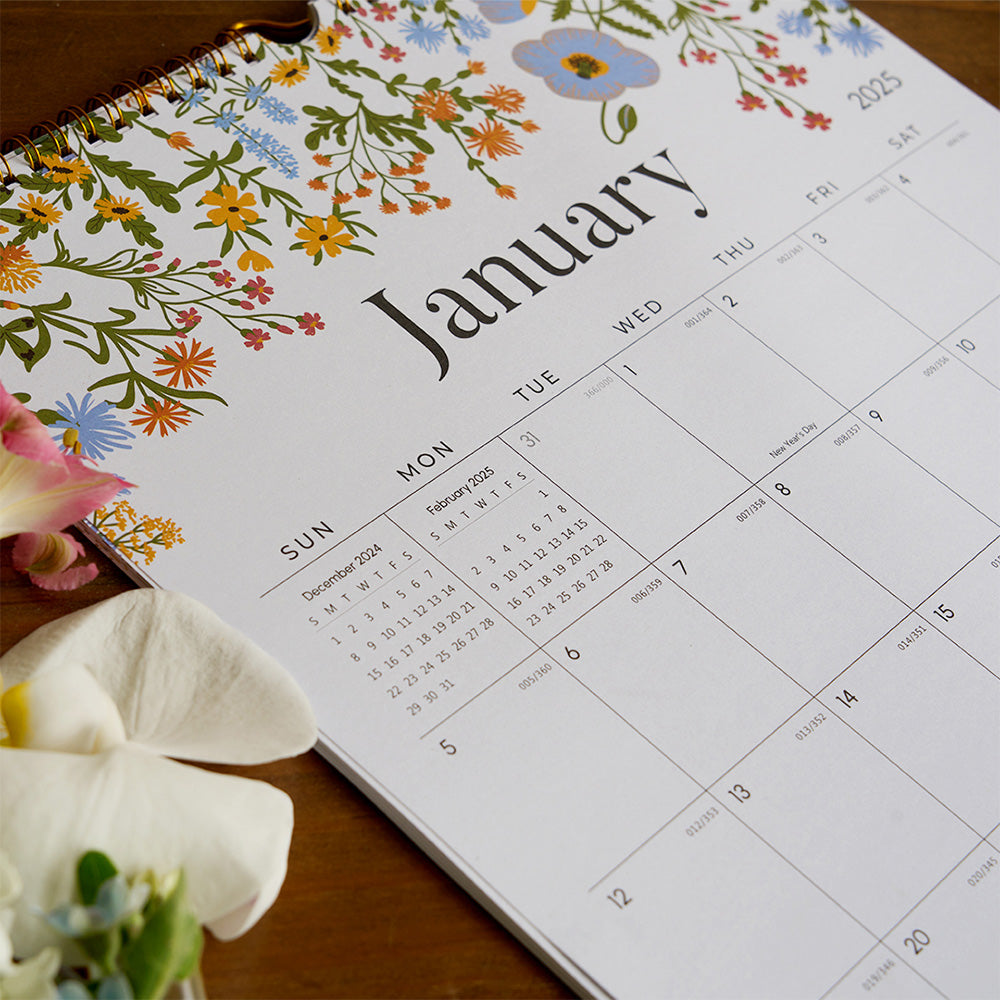
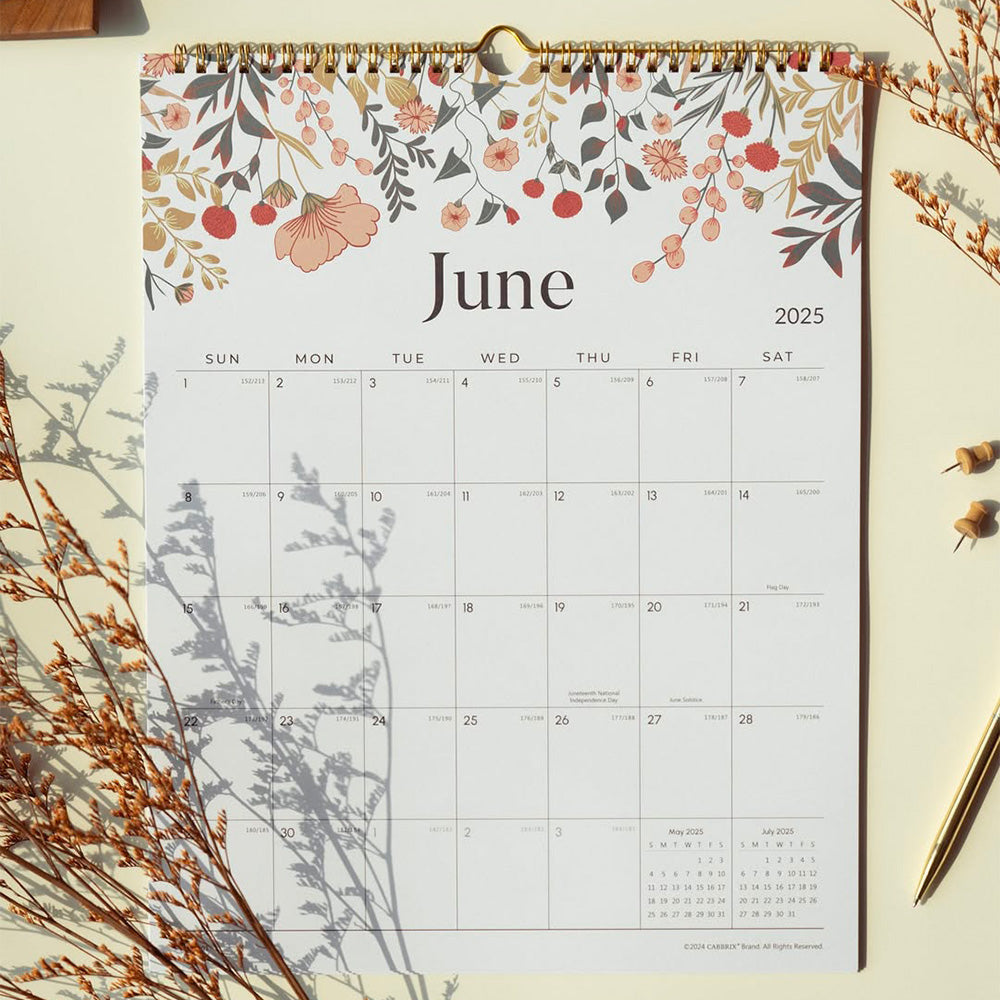
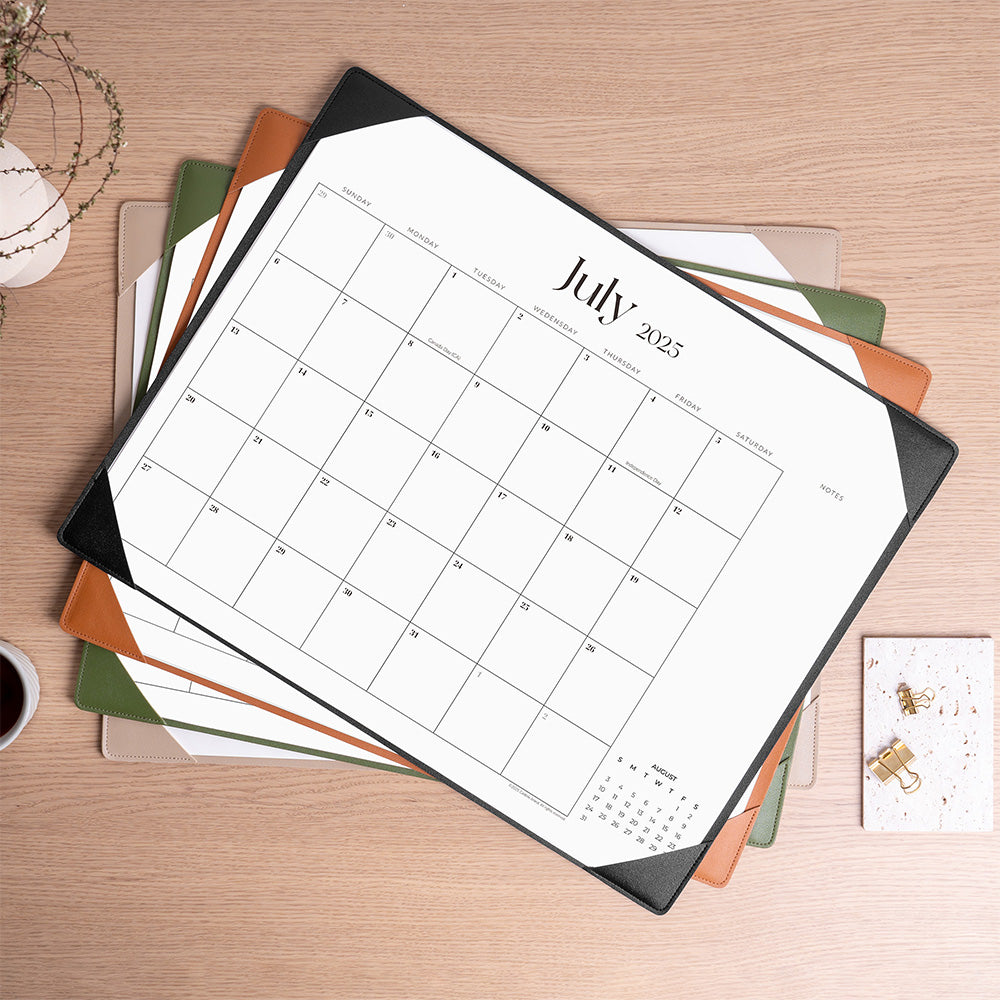
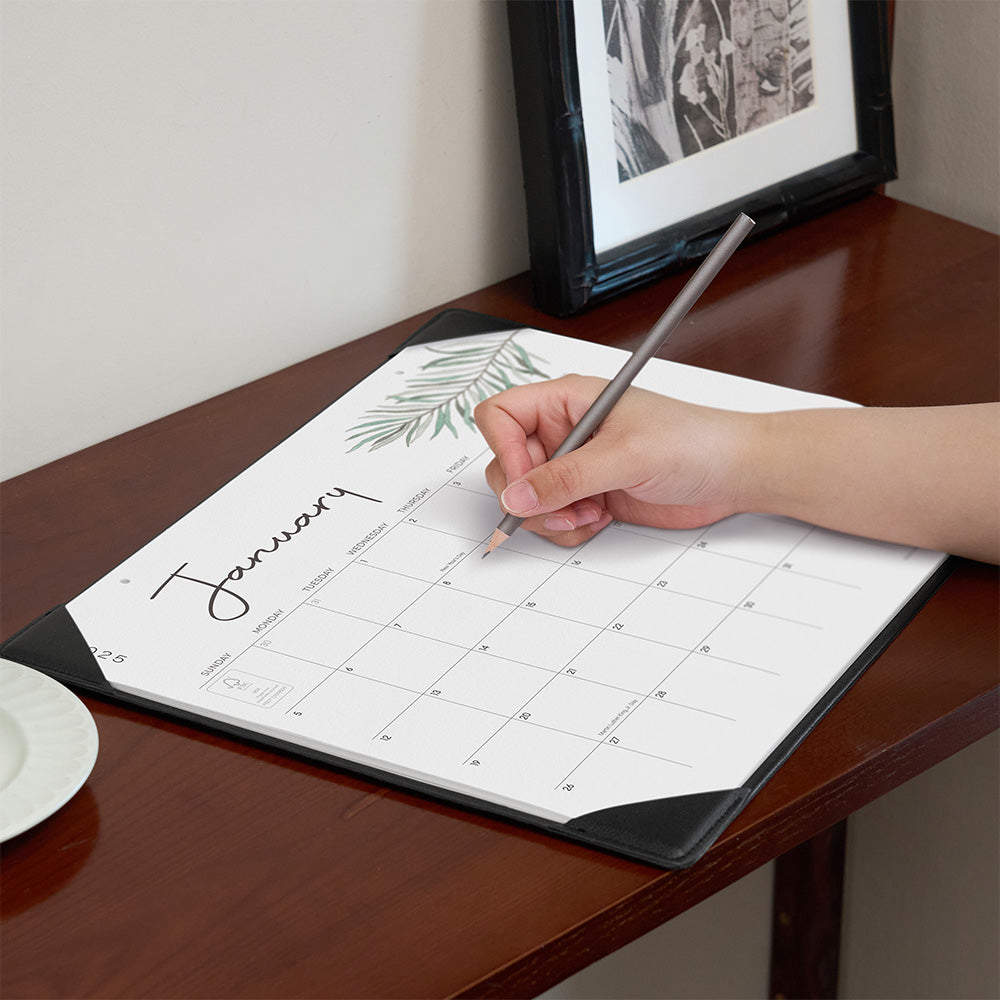
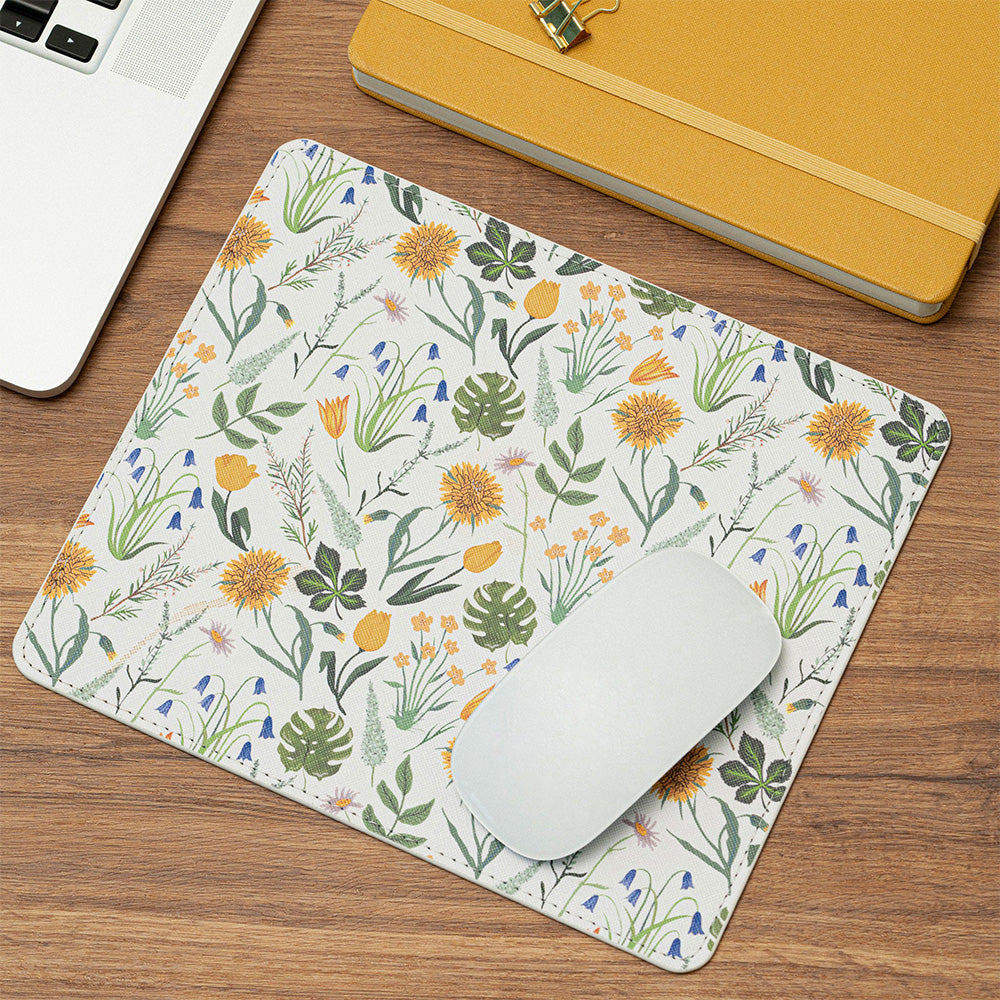
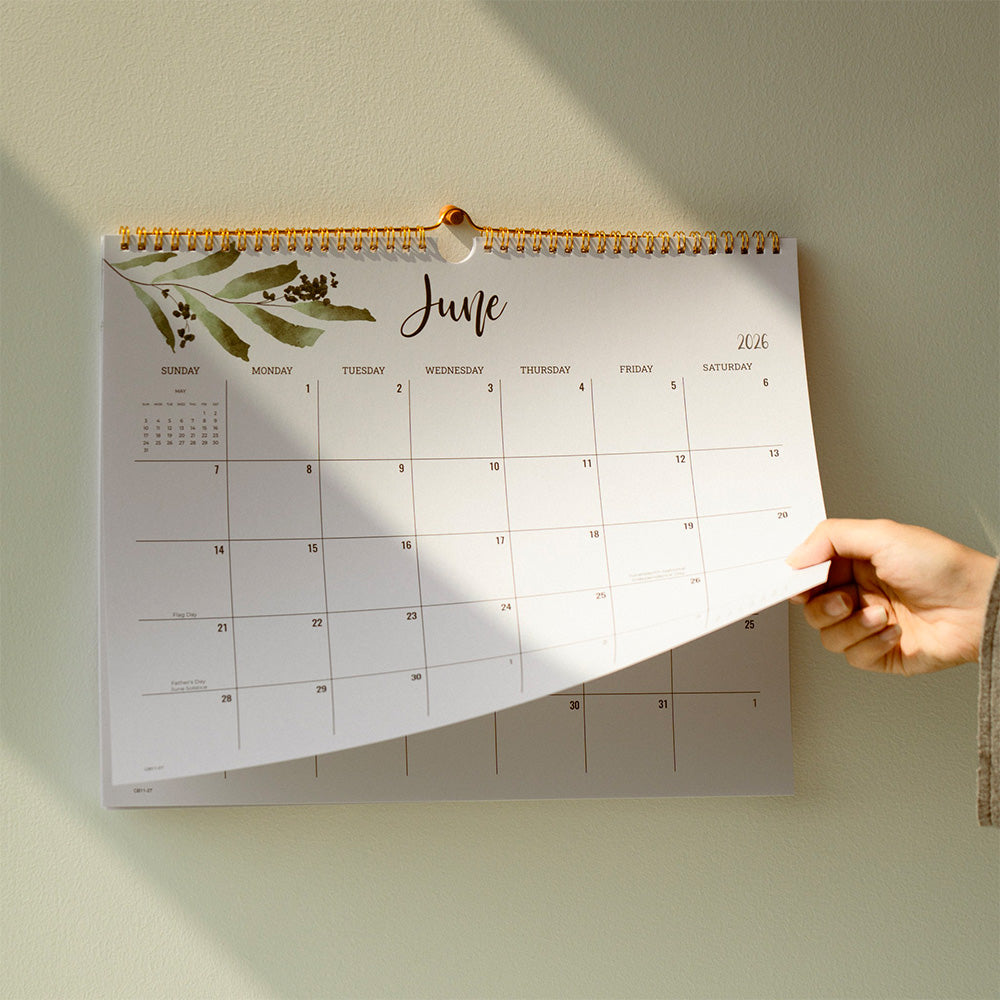
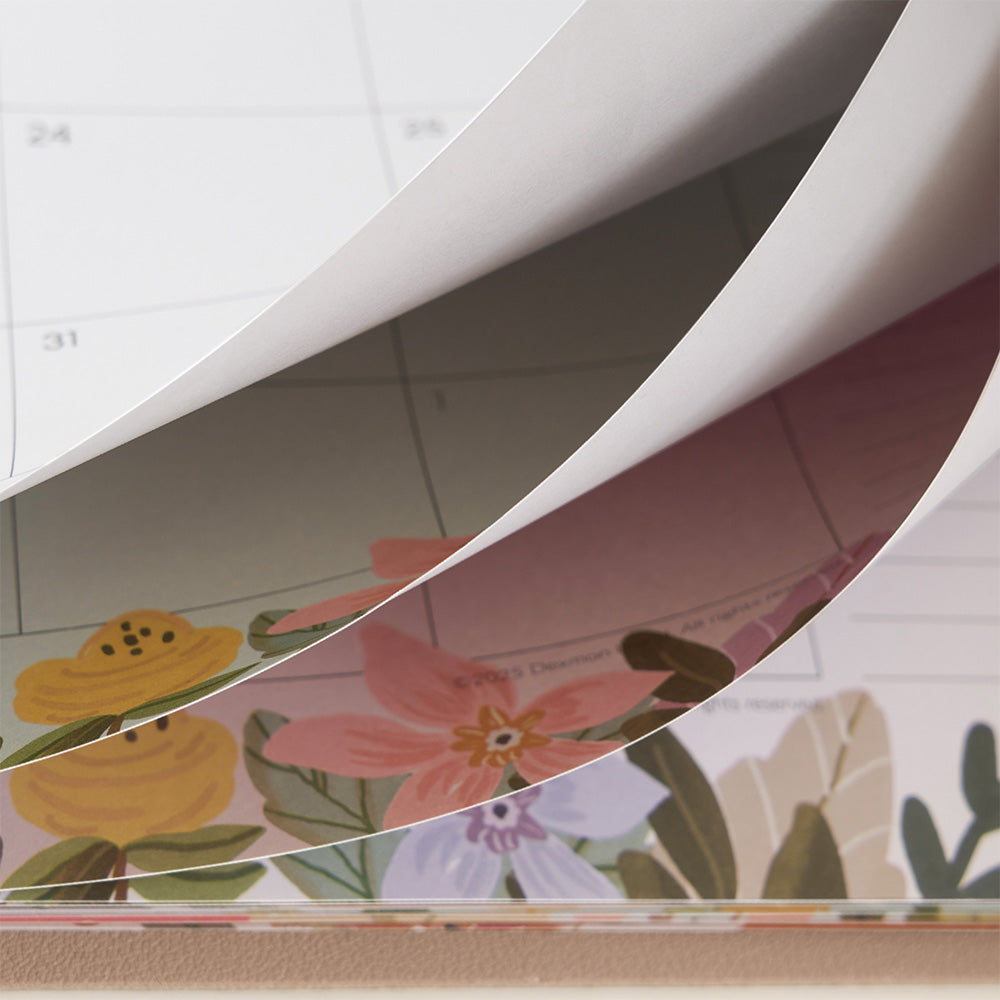
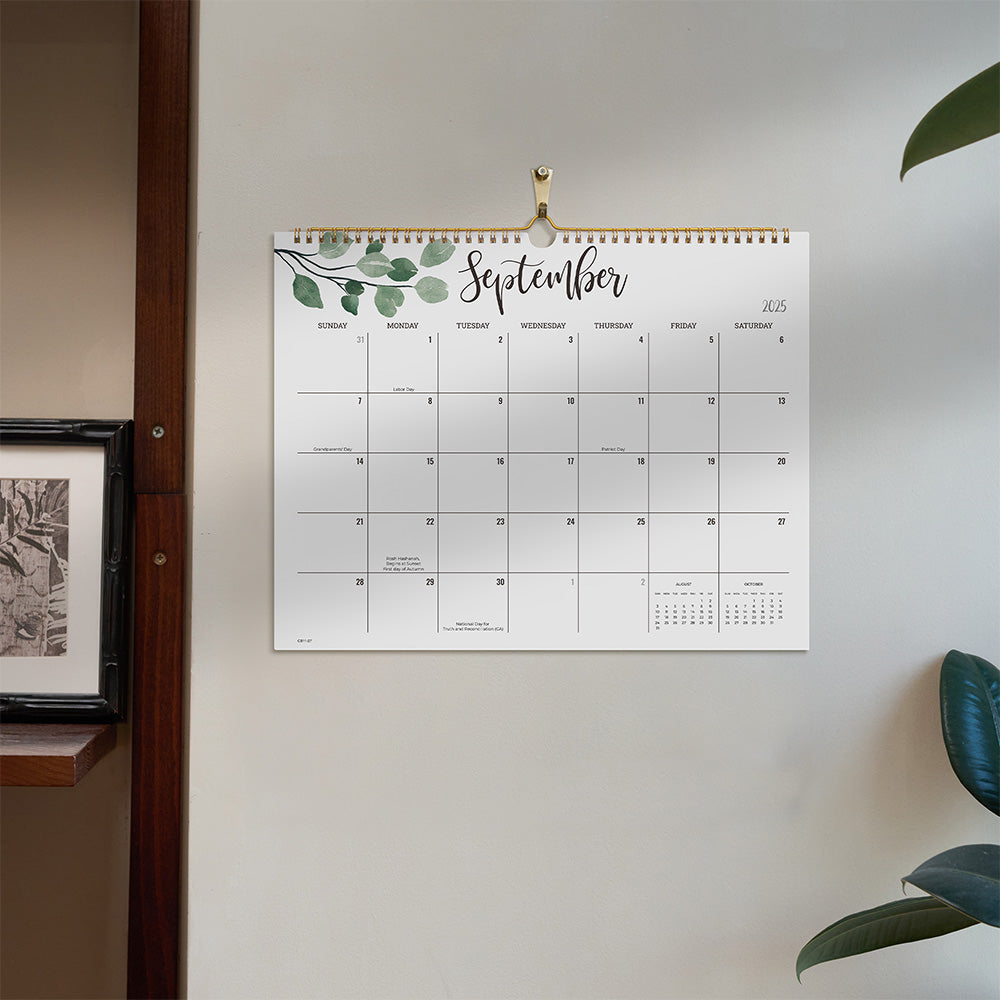
Leave a comment
This site is protected by hCaptcha and the hCaptcha Privacy Policy and Terms of Service apply.